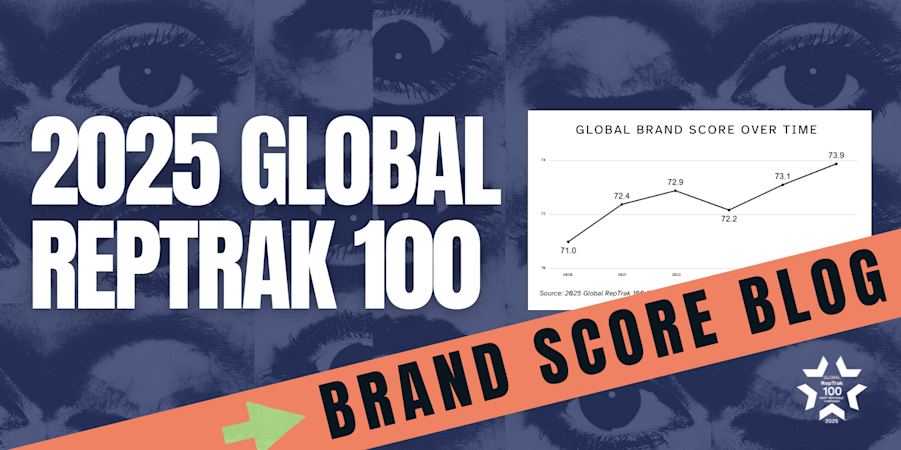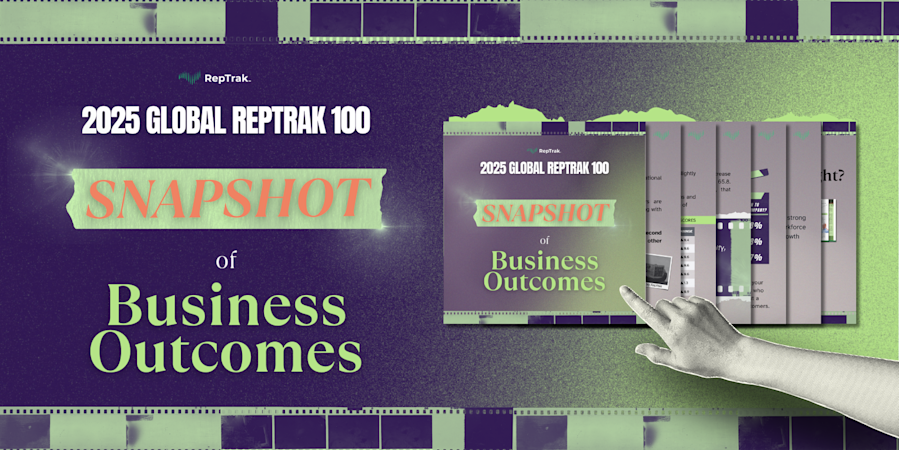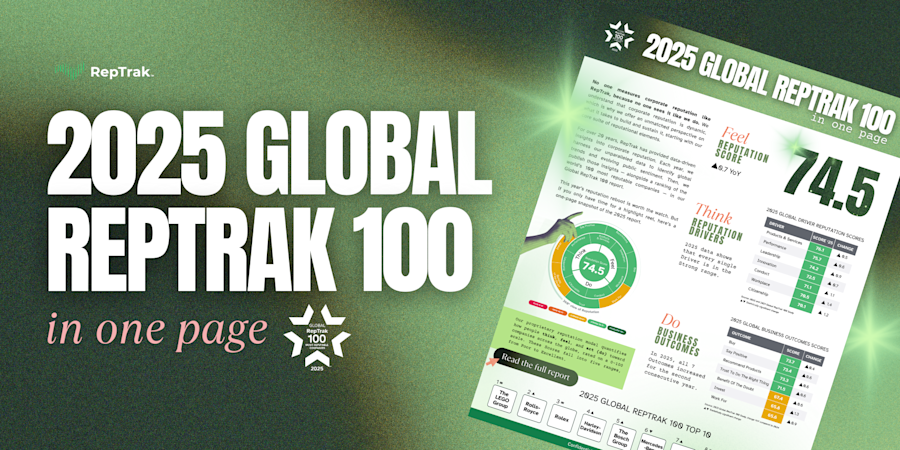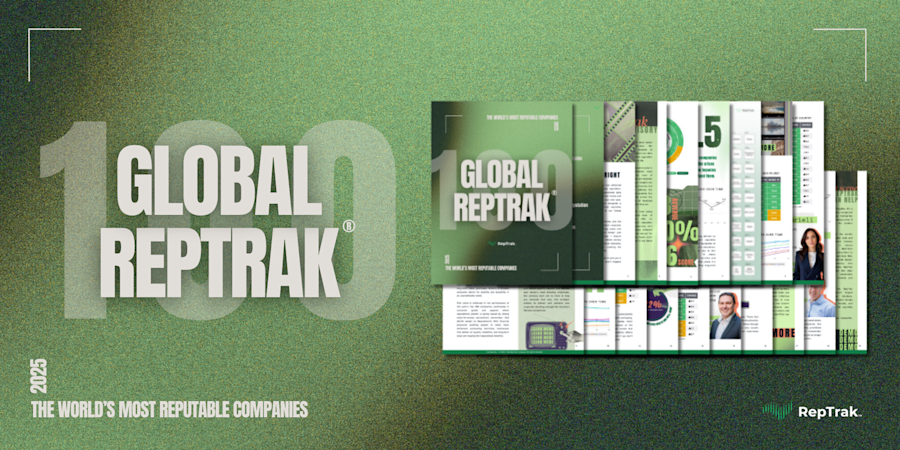Davos Speakers This Year Inspired the World by Tackling Some of Its Biggest Challenges
Blog Post02 Feb, 2020
By Kylie Wright-Ford and Nicolas Georges Trad
You didn’t have to be in Davos this year for the World Economic Forum’s Annual Meeting to know that the assembled leaders from the worlds of business, politics, and journalism, along with a slew of activists and others, were focused on purpose and sustainability.
Indeed, it truly felt like executives and others finally started listening to what people like Larry Fink and the Business Roundtable have been saying for a long time now, and decided they needed to identify their reason for being beyond just making money.
One after another, conversations and conference session speakers covered what companies can do to make offices more inclusive, put stakeholders ahead of shareholders, and prepare workers for whatever’s coming next in the Fourth Industrial Revolution—oh, and save the planet in the process.
We’re glad that companies now realize the importance of purpose and “stakeholder capitalism.” After all, saying and doing the right things is good business. (Emphasis on doing.) This is shaping up to be the year for organizations to be, or to strive to be, purpose-driven. You can expect even more companies to put their purpose-based messages and commitments at the heart of their marketing efforts, and in many cases—thankfully—to actually walk the walk.
And it’s good that everyone in Davos was more or less aligned on the importance of stakeholder capitalism and the fact that nowadays, companies are judged more on who they are than what they make. The challenges moving forward will be how to measure and manage progress (as Peter Drucker famously said: “If you can’t measure it, you can’t improve it”), and how to make leaders accountable. In 2020, more and more companies will be attempting to tie remuneration to intangible value.
The subjects of purpose and stakeholder capitalism received a lot of media coverage during the event—admittedly, not all of it positive—so it would be easy for non-attendees to think that was all anyone talked about. But there were other themes of the Annual Meeting that resonated with us, and that provided a through-line for our time in Davos. Here are three of them.
1. Corporate responsibility
One of the knocks against the event in Davos is that people come together and just talk—in a sometimes superficial way—about combating the more visible problems of the world. And sure, it’s easy to focus on issues like climate change when people can see fires in Australia or rising sea levels. But this year, there appeared to be substantial discussions about some hard and less obvious topics, and significant steps taken to solve some serious challenges.
For example, according to the World Economic Forum, crimes such as human trafficking, bribery, and fraud have generated up to $2 trillion of illicit proceeds for the financial system. In addition, there are an estimated 40 million people who are victims of modern-day slavery.
In Davos, multiple sessions were devoted to how companies—including Bank of America, PIMCO, and InterContinental Hotels Group—can and do use cutting-edge technologies like artificial intelligence to better detect, and ultimately prevent, human trafficking. The bank, in particular, has released an Environmental and Social Risk Policy Framework that articulates how it works to avoid risk and maintains its commitment to guard against modern slavery and human trafficking.
The companies taking on challenges like human trafficking, which often get less priority because they’re more hidden issues, demonstrate a commitment to corporate responsibility—or Environmental, Social, and Governance (ESG), as it’s increasingly known. We know from our RepTrak model that ESG activities and citizenship makes up 30 percent of reputation and is an important driver of the overall score.
As one CEO said, “The S in ESG is the root of normative change.” Indeed. Davos provides a unique opportunity for leaders from some of the largest and most influential companies to directly engage in hard conversations about these hard topics, to work together to open a path toward finding productive solutions, and to invite the world to be part of the process. It’s encouraging to see corporations and investors demonstrating their interest in having a positive impact on society and to see them leading the way in real time.
2. Sustainability
The theme of the Forum’s Annual Meeting this year was “Stakeholders for a Cohesive and Sustainable World,” and after a year in which activists marched in the streets, multiple countries experienced heatwaves, and wildfires broke out in both hemispheres, there was a palpable sense of urgency in many of the conversations and sessions where climate change was concerned—and not just from speakers like Al Gore and Greta Thunberg.
“Markets solve problems” was a memorable line said by Mark Carney, Governor of the Bank of England, and he’s right. More companies are finally focused on solving the challenges facing the planet. And yet, in Davos, there was evidence that governments and industry—particularly in the financial and technology sectors—are working together to increase our carbon understanding.
In fact, while it may be popular to say that the U.S. has abdicated leadership when it comes to climate change, we saw some American companies demonstrate that some of the most important thinking is coming from U.S. businesses. And for the record, even Donald Trump announced during his speech that the United States would join the global coalition trying to plant a trillion trees.
(Perhaps Trump read Larry Fink’s 2020 letter to CEOs, in which he declared that climate change would lead to a “fundamental reshaping of finance.”)
In addition, Costa Rican diplomat Christiana Figueres, the founder of the Global Optimism NGO and the former executive secretary of the United Nations Framework Convention on Climate Change, who has previously stated her opinion that business is getting the message that the environment matters, provided a good balance to some of the extremist messages that garnered more press.
“Blame is the problem,” she explained. Figueres was expressing disappointment about the recent COP25 climate change conference in Madrid, and the lack of cooperation she witnessed there, but she could have been speaking about any reputational or practical issue in business. It's unproductive to place blame. Instead, you need to collect the facts and then make a plan to solve it. Spending cycles, blaming others—that’s just wasted energy.
Figueres described how, since the signing of the Paris Agreement, there’s been “a deepening, broadening, and popularizing of the conversation” around climate change. And seeing things like the fires in Australia has focused people’s minds. The result, she added, is that talk about the climate has become more practical and productive. Even industries like fashion are able to change the trajectory and adjust their practices to help the planet.
Focusing on climate change, Figueres also said, can help companies with talent acquisition—especially in the oil and gas industry, where recruitment is the number one challenge. Working to save the planet can very practically have a positive effect on a company’s reputation, and that is just one way to attract employees.
3. Inclusiveness
It was also clear from the speakers in Davos that fairness and equality were two of the biggest business priorities right now. (A fact echoed in our 2020 Global Trends report.) Inclusiveness is a big driver of reputation, and multiple companies highlighted their own efforts to create a bigger tent internally and externally.
One of the most widely reported pieces of news from the event was Goldman Sachs CEO David Solomon’s announcement that, starting on July 1, his investment bank would not take companies public without at least one “diverse” board member. Solomon backed up his statement by sharing that, over the last four years, the public offerings performance of U.S. companies with at least one female director is “significantly better” than those without.
Elsewhere, it was very impressive to hear Cisco CEO Chuck Robbins speaking about his company’s work in reskilling former prisoners and engaging a brand new employee base. Robbins spoke on a panel about multiple employment issues, including pay equality. “Let’s create accountability, and let’s talk about it,” he suggested, explaining that his company and others may have started trying to close the gender equity gap, but committing to fair pay means ensuring everyone is paid fairly.
Robbins and Solomon were two of the leaders in Davos who demonstrated accountability and transparency, and whose brave leadership stood out as a model for others to emulate. It’s consistent with the findings in our 2019 CEO RepTrak study, which revealed that CEO reputations are more likely to be based on their ethics than on their company’s profit statement.
Beyond purpose
Purpose will no doubt continue to be a hot topic of discussion in 2020, and deservedly so. It’s important for every company to identify and activate their purpose.
But it was truly inspiring to be at Davos this year and hear so many leaders focused on some of the broader, equally important issues of the day—and collaborating on solutions that, hopefully, will make 2020 a more productive year.
Kylie Wright-Ford Chief Executive Officer The RepTrak Company @kyliewf
Nicolas Georges Trad Co-Founder and COO The RepTrak Company @TradNicolas






